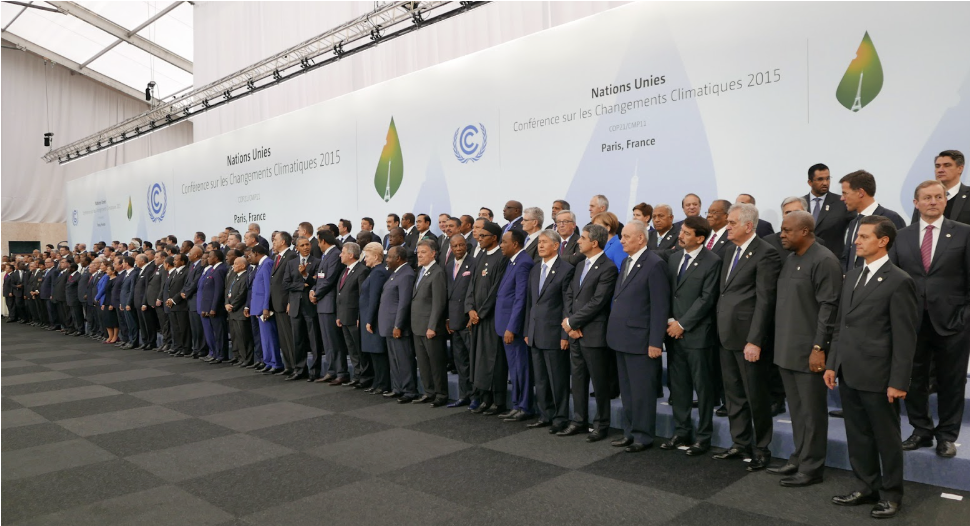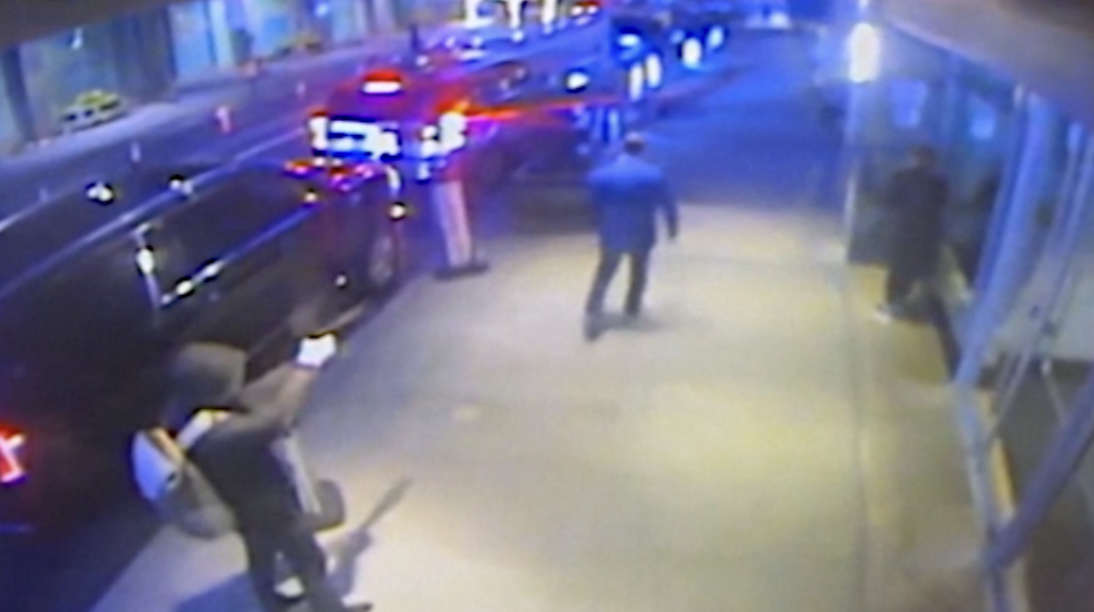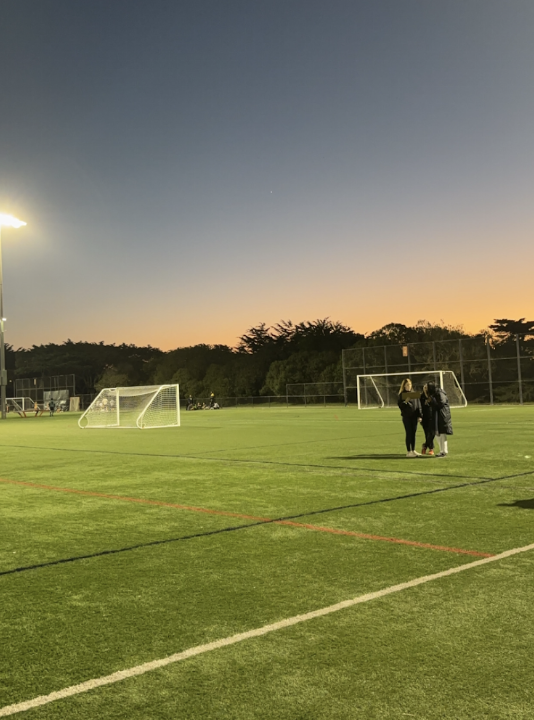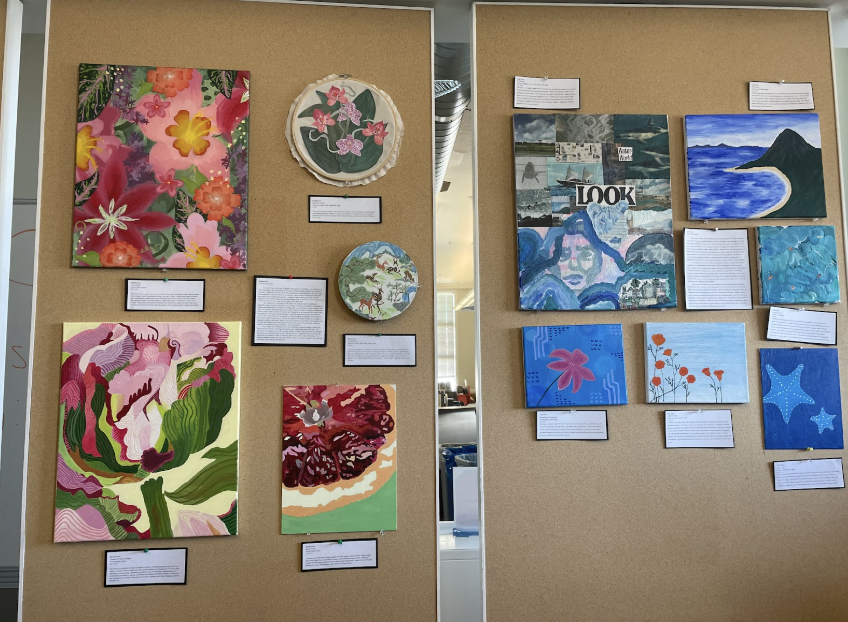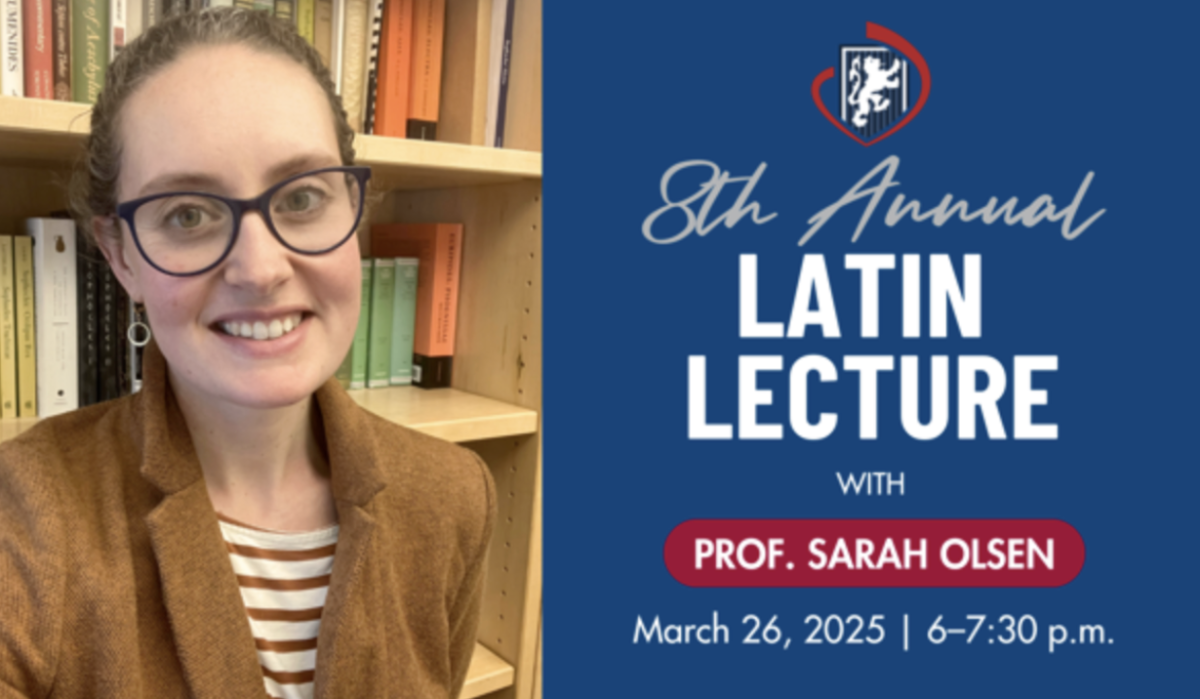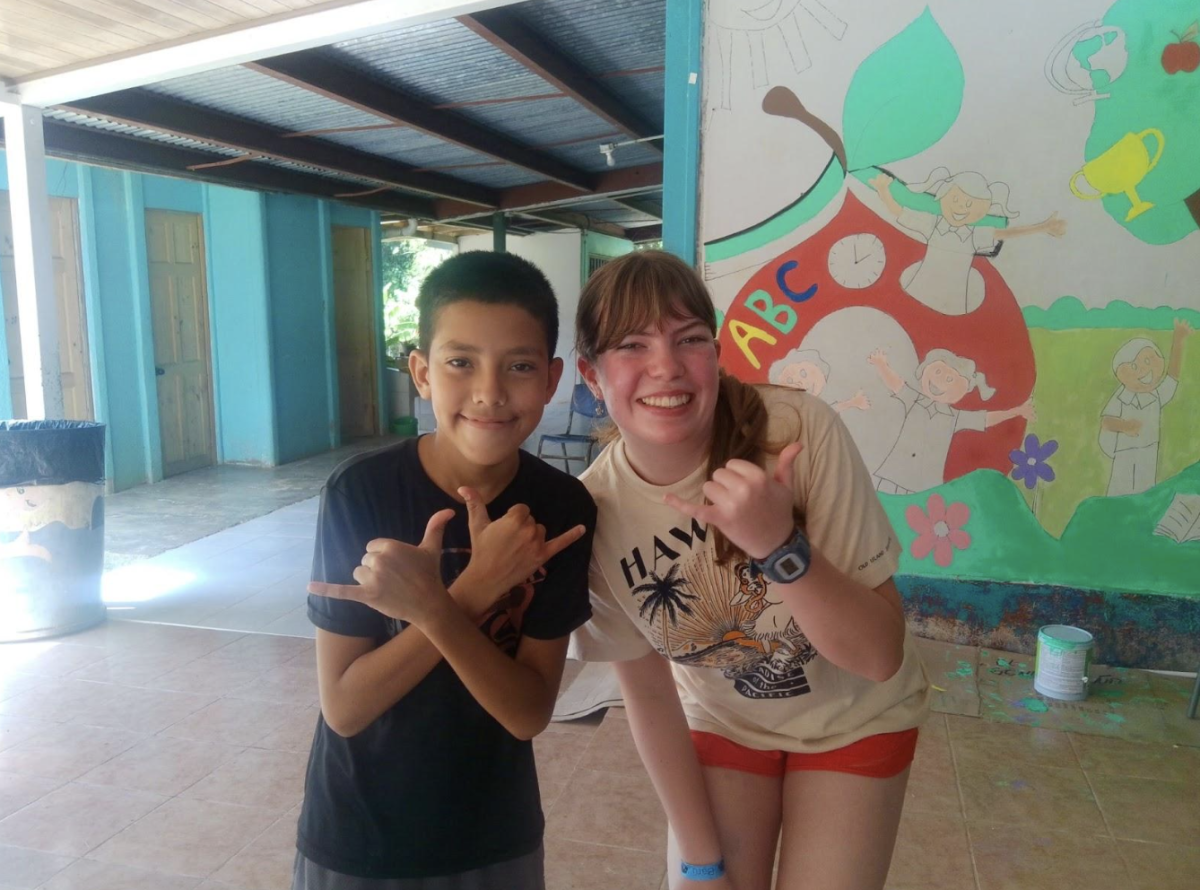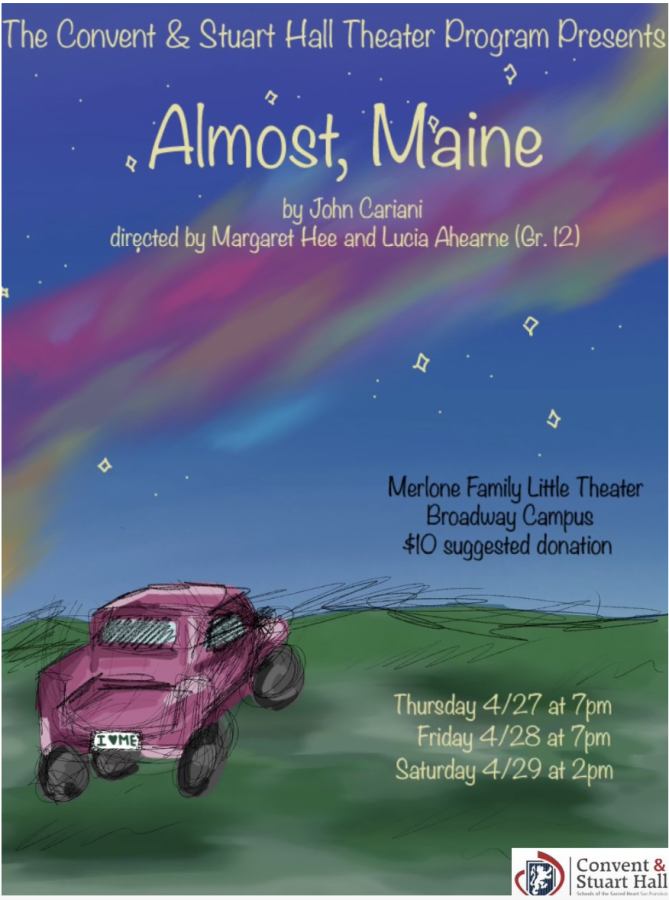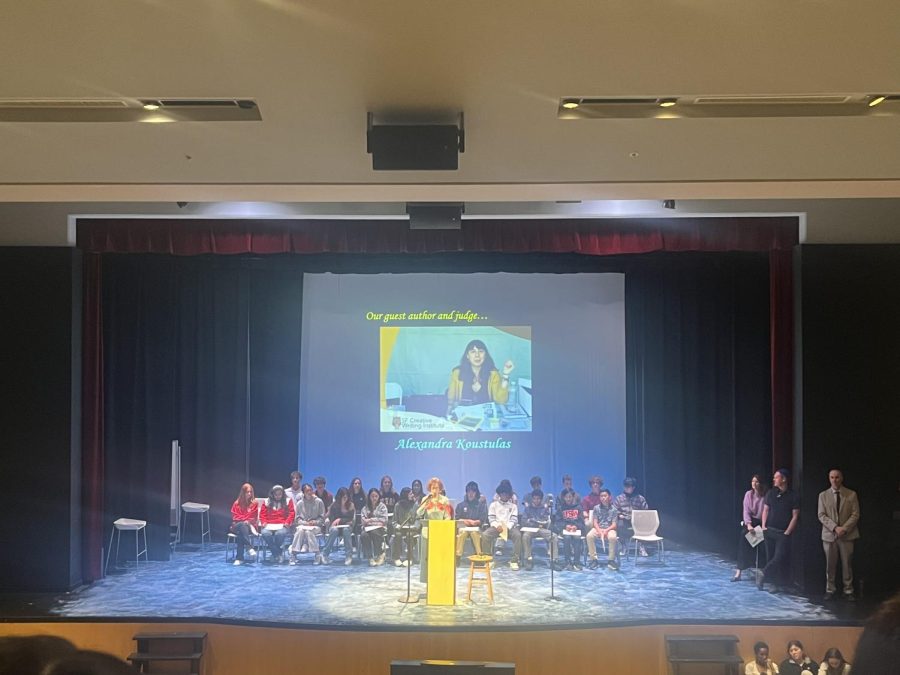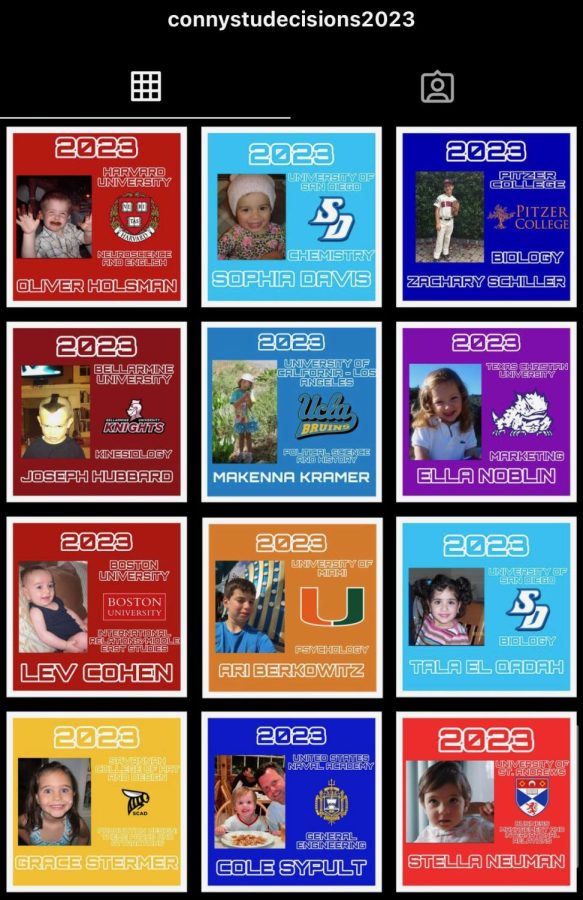Madison Riehle
Editor-in-Chief
Holding a pink detention slip from 1965 and sporting a black armband, the once shy 13-year-old Des Moines, Iowa student turned First Amendment rights activist spoke to to the student body in Syufy Theatre on what it means to stand up for personal beliefs.
Mary Beth Tinker, now a pediatric nurse, stopped in San Francisco as a part of the at Tinker Tour on April 3 to talk about the landmark student rights case, “Tinker v. Des Moines.”
“When a wall comes down, it doesn’t always come down all at once,” Frank LoMonte, Student Press Law Center Executive Director, who accompanied Tinker, said. “Sometimes it comes down brick by brick. It takes a young person chipping here, and a young person chipping there, and sometimes they’re not chipping for you, but for the future kids.”
The American Civil Liberties Union took on Tinker’s case after she and four other students were suspended from school for violating a school district ban on armbands. After losing in the District Court and 8th Circuit Court of Appeals, the Supreme Court ruled 7-2 in her favor on February 24, 1969, writing “students do not shed their First Amendment rights at the schoolhouse gate.”
“Civics education is getting a backseat in schools today,” Tinker said. “So many people are not learning about the First Amendment and the Constitution and how it affects students and young people.”
Tinker said very few Americans know all components of the First Amendment; freedom of speech, freedom of religion, freedom of the press, right to petition and right to assemble, with only 18 percent identifying freedom of the press, 14 percent identifying the right to assemble and 6 percent naming the right to petition, according to a 2010 Vanderbilt University study.
“The First Amendment is so important,” junior Lian Radcliffe said. “When people are ignorant of their own rights, they don’t realize how many benefits it has, like being able
to stand up for your religion or speak up for an injustice.”
Tinker recounted various stories of civil rights injustices from her childhood, and of her own parents traveling to Mississippi to register black voters.
“Democracy is based on people being aware and involved in the decisions that affect their lives,” Tinker said. “Without the average person knowing what’s going on and using their rights to take us in a direction that they believe, we don’t have democracy anymore. Without youth voices, our whole society and our whole country is cheated.”
Tinker began her tour on Constitution Day, Sept. 17, at the National Constitutional Center on in Philadelphia. The fall tour included 18 states and the District of Columbia, and visited about 60 schools.
“A lot of schools have cut back on the rights of students,” Tinker said. “The rights of students are at an all time low since the trial, and there are a number of reasons for that. Young people’s voices are more important of now then ever.”
Tinker’s stop at Convent was the 20th on her spring tour, and by the time it wraps on May 1, she will have visited over 100 schools and convention centers before beginning the Tinker World Tour, on May 2 in Vancouver.
“Do the little bit that you feel like you can do,” Tinker said. “Just start with the small amount. When I wore the armband to school I was really scared and I took off the armband when the secretary told me to. I just ran out of courage. It still made a big impact from just a little bit of courage.”





